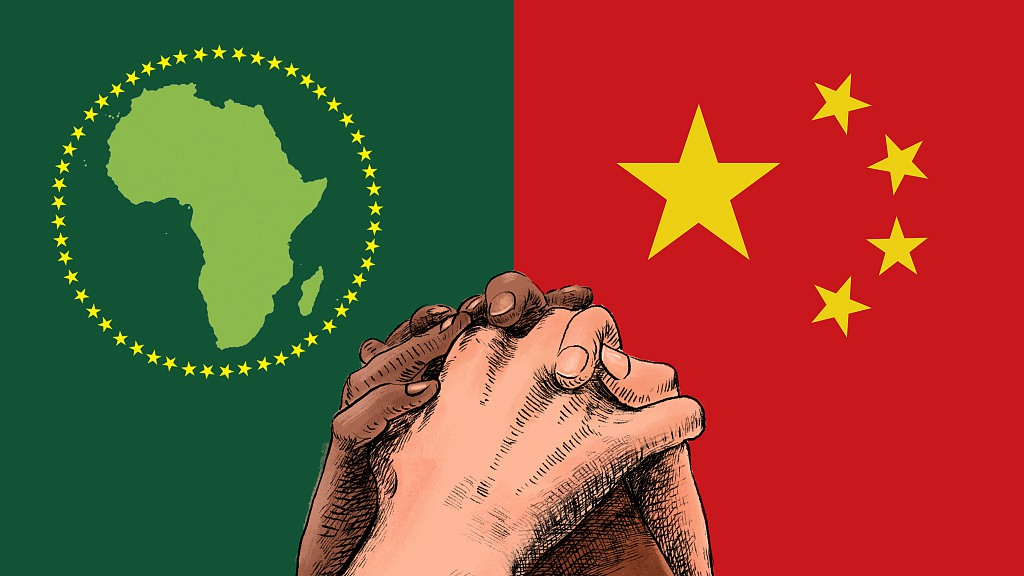Sino-African Relations: How COVID-19 Ignited an Unexpected Diplomatic Crisis

The outbreak of COVID-19 has caused fissures in relations between states across the international community. From President Trump’s attempt to purchase the German company CureVac to produce vaccines exclusively for US citizens or the German federal government measure to block exports of medical equipment to Italy, it is undeniable that tensions are heightened between countries. Although most of these shifts in global diplomacy and cooperation are disappointing, they are not unexpected. The current global scramble to implement measures to combat the novel coronavirus has forced states to implement isolationist policies. However, in the midst of this pandemic, tensions have also risen at an unlikely front; Sino-African relations. Despite decades of meticulously cultivated ties, the new Chinese COVID-19 measures – that have resulted in the maltreatment of Africans – are likely to have a long-standing detrimental effect on China’s special relationship with Africa.
The 21st century has ushered a dramatic increase in Sino-African relations. Chinese engagement on the surface in Africa is driven with natural resource extraction, markets for their exports and sufficient political legitimacy and security in order to maintain these commercial activities. However, there are several other Chinese motivations behind increasing their engagement with Africa, such as diplomatic and political motivations. China’s relationship with Africa has played an imperative role in boosting China’s position in multilateral institutions such as the United Nations (UN) and World Health Organisation (WHO). However, as a result of last weeks’ events, Beijing is now facing a diplomatic crisis in its relations with African states.
This breakdown in relations is a direct consequence of Chinese COVID-19 measures that target African nationals living in China; evictions, compulsory testing and mandatory quarantine (regardless of the outcome of the test). Chinese authorities have identified Africans as the main source of imported cases. Guangzhou is home to the largest African migrant population in Asia and thus has become the focal point of these new Chinese measures. As a consequence, the government have protracted an image that all Africans are contagious, which has acted as a catalyst for heightened discrimination, local resentment, evictions and maltreatment towards Africans by Chinese locals.
Africa has responded through a series of formal and official diplomatic protests from the African Union (AU) and across African states – from politicians and the African diaspora – towards China. African citizens and politicians have not remained silent about their anger over the reports of xenophobia in China. China initially denied the claims, however, eventually China’s foreign ministry spokesman, Zhao Lijan, stated that action would be taken against any report of discrimination towards African expats.
Despite this development, it remains unclear whether the special relationship between China and Africa will be permanently damaged. At present, China’s trade with Africa was worth roughly $208 billion in 2019. Therefore, maintaining peace with Africa would seemingly be high on China’s agenda. This move by the Chinese government, to specifically target Africans, has been a break in the largely peaceful relations moulded by China for decades. This point was articulated by President Cyril Ramaphosa of South Africa when he said the ill-treatment of African nationals in China was “inconsistent with the excellent relations that exist between China and Africa, dating back to China’s support during the decolonization struggle in Africa.”
It is difficult to understand Beijing’s position in Africa during this pandemic. They have sent medical teams and vast quantities of essential supplies to help African nations battle Covid-19. Yet, they are simultaneously stigmatising African nationals as a threat to the safety of Chinese people. It remains to be seen when and whether Chinese Foreign Minister Wang Yi promise that measures are being drafted in Guangzhou to improve the situation of Africans will be upkept. However, one thing is certain, China must act quickly and decisively if they hope to seal the emerging rift, or they run the risk of permanently damaging their political and commercial ties with the African continent.



